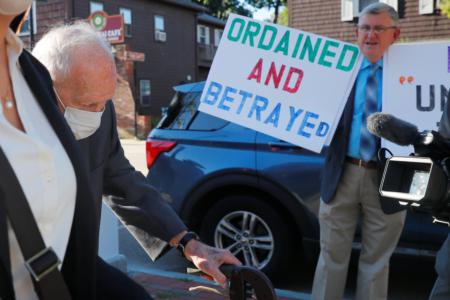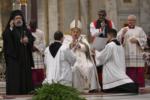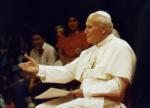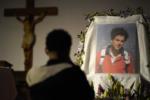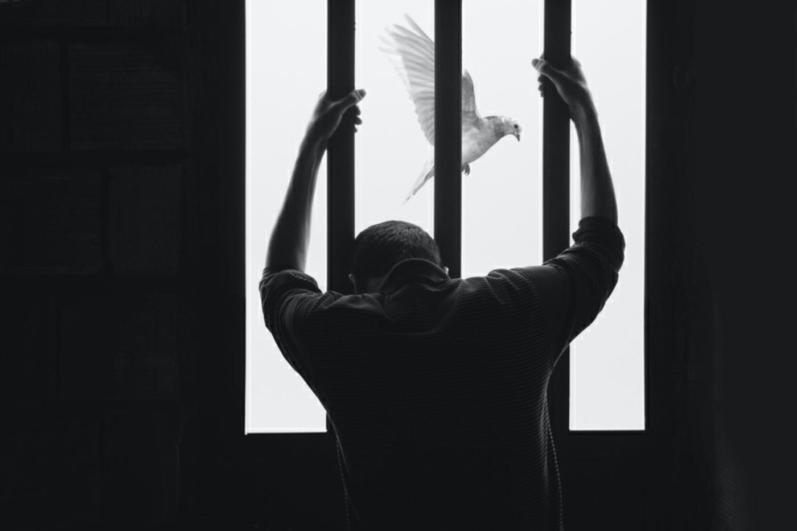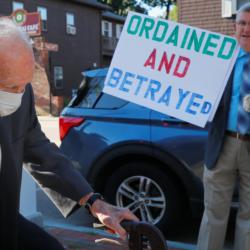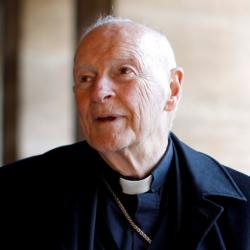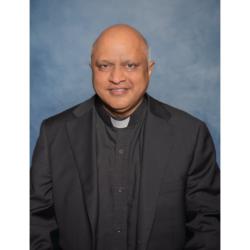Solitary confinement is torture
Every person enjoys occasional solitude. The busy business person, the hectic homemaker, the struggling student all welcome solitude at times to reduce stress. Persons of faith need solitude to connect with God in prayer.
But what about enforced solitude? What about solitary confinement within four bleak walls for many hours a day for weeks or months? This prison practice is all too widespread.
This analysis answers these questions from the perspective of Catholic teaching, but the answer is shared by other religious traditions and by people of goodwill. Solitary confinement is torture.
The Catechism of the Catholic Church teaches: "Torture which uses physical or moral violence to ... punish the guilty, frighten opponents, or satisfy hatred is contrary to respect for the person and for human dignity" (No. 2297). Torture is not only "physical," but also "moral" violence.
In the encyclical "Veritatis Splendor," St. John Paul II quotes the Second Vatican Council's absolute prohibition against "physical and mental torture" as an "intrinsic evil" (No. 80).
Why is solitary confinement torture? The answer is simple. We are created in the image of God as social beings.
Genesis teaches, "God created mankind in his image; in the image of God he created them; male and female he created them" (1:27). "It is not good for the man to be alone" (2:18).
Jesus understood the importance of human contact for the imprisoned and admonished his followers: "For I was ... in prison and you visited me" (Mt 25:35-36).
Self-directed solitude can be healthy; however, long periods of enforced solitary confinement compromise human dignity.
In an address to prison chaplains in 2007, Pope Benedict XVI raised the issue of torture: "When conditions within jails and prisons are not conducive to the process of regaining a sense of a worth and accepting its related duties, these institutions fail to achieve one of their essential ends."
He urged public authorities to eschew "any means of punishment or correction that either undermine(s) or debase(s) the human dignity of prisoners," reiterating the absolute prohibition against torture.
The Church finds support for its view that long-term solitary confinement is torture in the social sciences. In 2014, Pope Francis gave an address to the International Association of Penal Law in which he said: "One form of torture is the one sometimes applied through confinement in high security prisons."
Pope Francis cited social sciences: "As shown by studies carried out by various human rights organizations, the lack of sensory stimuli, the total impossibility of communication and the lack of contact with other human beings induce mental and physical suffering such as paranoia, anxiety, depression, weight loss, and significantly increase the suicidal tendency."
In the words of Pope Francis, extended periods of solitary confinement are "cruel" and sadly this "characteristic of high security prisons ... also occurs in other types of penitentiaries, along with other forms of physical and mental torture, the practice of which has spread."
In my home state of Virginia and in most other states, the practice of solitary confinement is all too common. This form of torture does not just wound its primary victim, the prisoner. It wounds all of us.
Prison officials and society at large may not be aware, but our own humanity is wounded when we allow inhuman methods of punishment. The Compendium of the Social Doctrine of the Church quotes St. John Paul who asserted that human dignity "is as much debased in his torturer as in the torturer's victim" (No. 404).
Any community that tolerates the torture of solitary confinement weakens human rights. Its extensive practice is not worthy of us.
Virginia has an opportunity to place humane limits on solitary confinement in its next general assembly. Other states should similarly reject the misuse and overuse of isolation.
We can limit its practice to protecting people from imminent danger for the shortest periods necessary. We can make our society more humane for all of us.
STEPHEN M. COLECCHI IS THE FORMER DIRECTOR OF THE OFFICE OF INTERNATIONAL JUSTICE AND PEACE OF THE U.S. CONFERENCE OF CATHOLIC BISHOPS AND OF THE OFFICE OF JUSTICE AND PEACE OF THE CATHOLIC DIOCESE OF RICHMOND, VIRGINIA.
